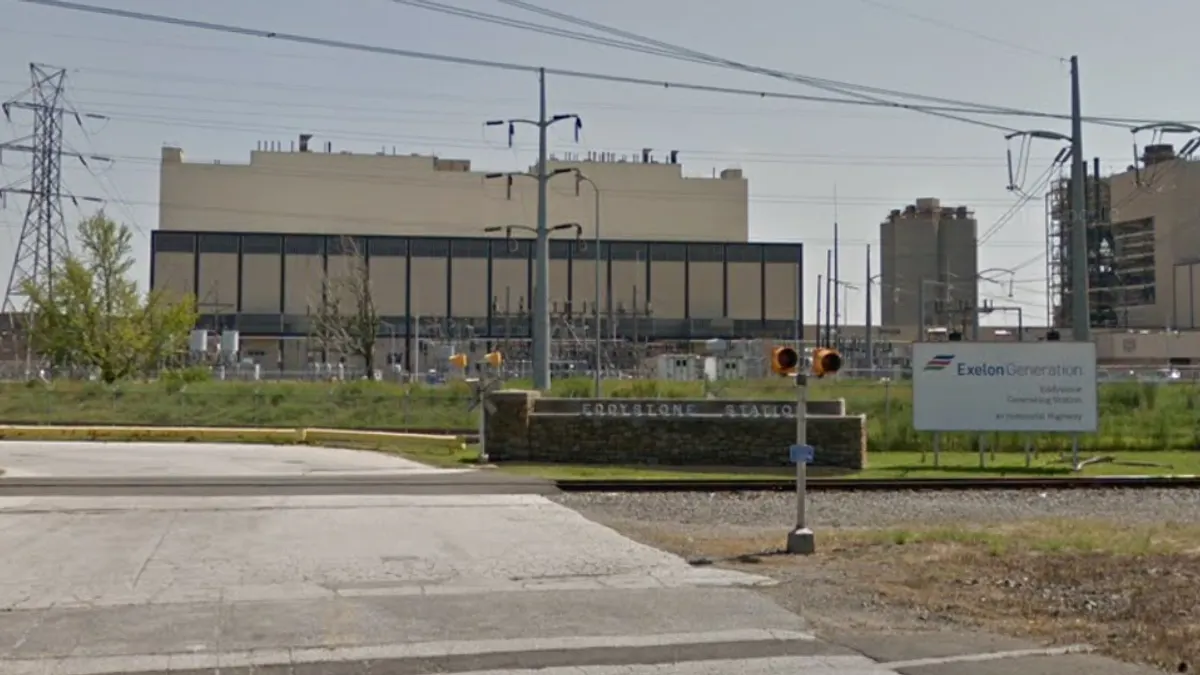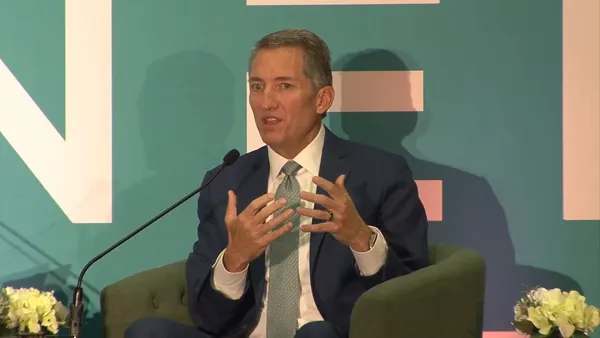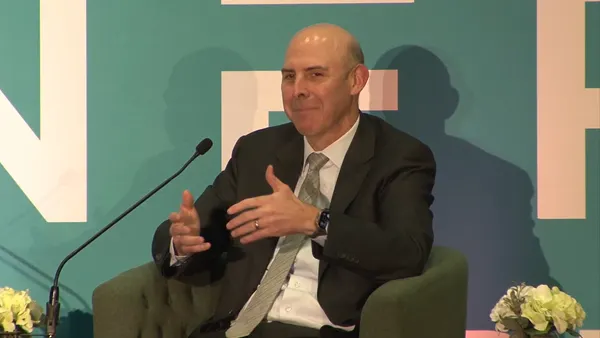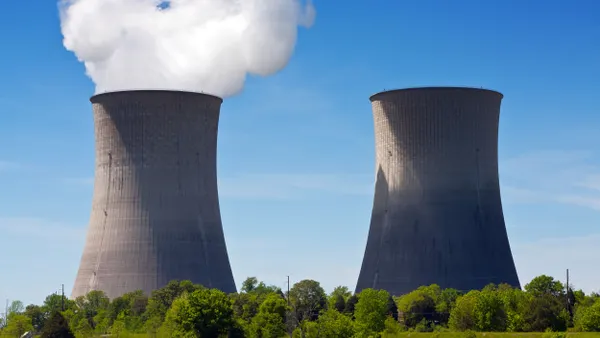Dive Brief:
- In Arizona, a Maricopa County Superior Court judge declined to block a renewable energy ballot initiative challenged by utilities, concluding even if some signature petitions were not legally conforming, neither the court nor the group had authority to block them.
- The ballot initiative is not safe yet: the judge said the utility-backed Arizonans for Affordable Energy (AAE) can still challenge the validity of individual signatures. Clean Energy for a Healthy Arizona (CEHA) submitted 480,000 signatures and AAE's lawyers claim more than 374,000 are invalid.
- To appear on the ballot in November, CEHA needed to collect 225,000 signatures by July. If ultimately successful, the vote would set a 50% renewable energy standard in the state's constitution.
Dive Insight:
Backed by activist billionaire Tom Steyer, CEHA's initiative would force utilities to procure at least half of their electricity from renewable sources.
The judge's decision, reported by the Arizona Capital Times, is a win for CEHA and keeps the group's initiative alive. The court found that even if there were problems with the petitions — such as complying with state laws on ballot sponsorship — only the Secretary of State could take action.
Pinnacle West, the parent company of Arizona Public Service, has been funding the opposition group, spending more than $10 million to fight the proposal, including $6.4 million in the last three months.
However, AAE is still free to challenge the validity of the signatures, many of which the group has claimed are names of people not registered to vote in Arizona.
In the group's petition, AAE told the court that "to determine signature validity, two separate experts, with experience, knowledge and training with regard to petition signature collection and review, reviewed every petition sheet filed by the committee."
The group's review concluded that at least 374,046 of the signatures are invalid. The judge will consider arguments regarding that portion of AAE's challenge later this month, but says that leaves responsibility to the utility, not the county, to further investigate the signatures.














